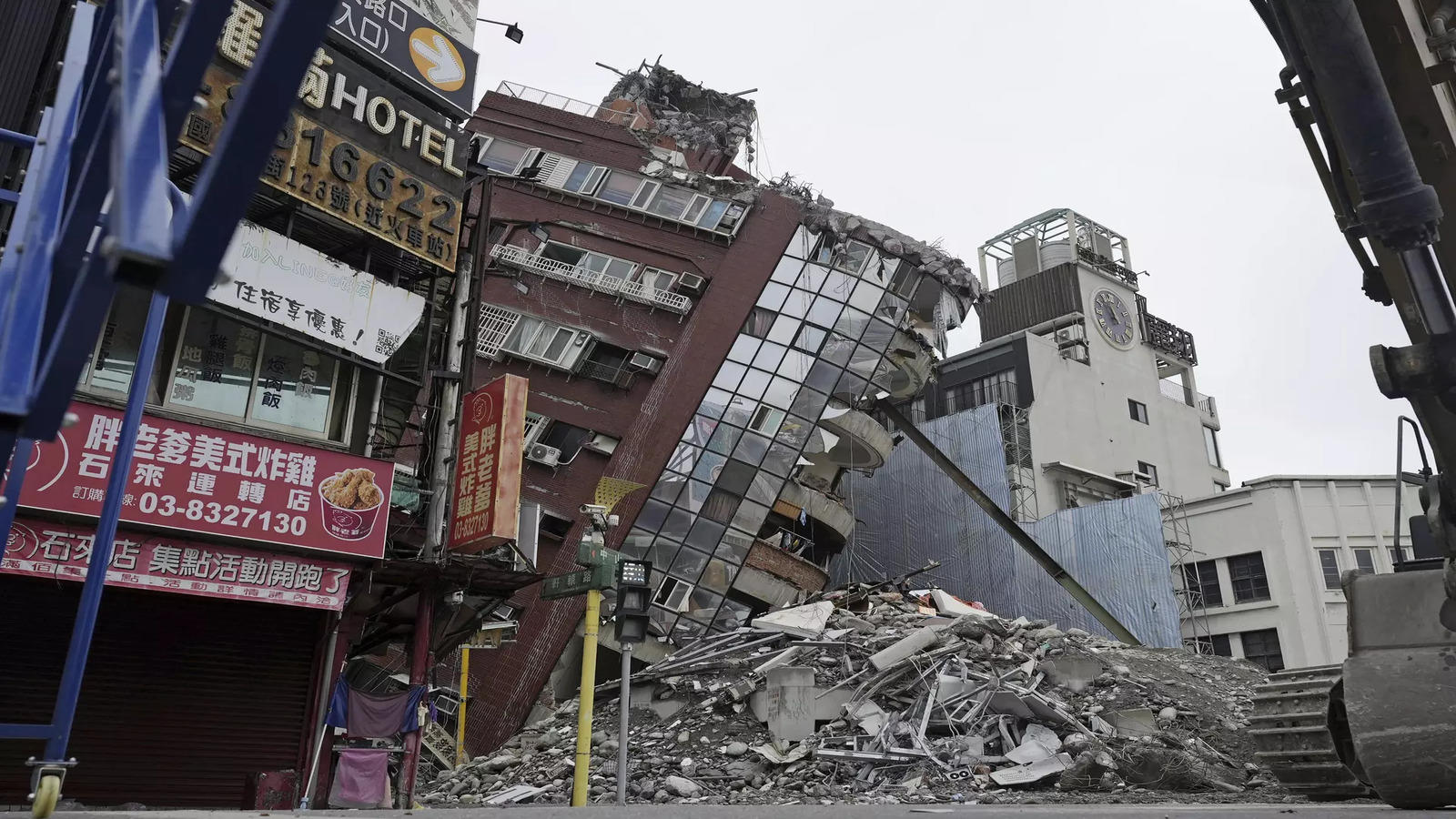Taiwan endured a harrowing experience as it grappled with the aftermath of a deadly earthquake, which unleashed over 200 aftershocks in the region. Despite the ongoing seismic activity, the island nation has demonstrated remarkable resilience, with no major damage reported in the wake of the tremors.
The initial earthquake, which struck with a magnitude of [insert magnitude], jolted Taiwan and sent shockwaves rippling across the region. The temblor rattled buildings, triggered landslides, and caused widespread panic among residents, prompting authorities to issue evacuation advisories and mobilize emergency response teams.
As the dust settled and the immediate impact of the earthquake was assessed, Taiwan found itself besieged by a series of aftershocks, ranging in magnitude and intensity. These aftershocks, while unsettling, did not result in significant structural damage or casualties, thanks to the stringent building codes and disaster preparedness measures in place.
The resilience displayed by Taiwan in the face of adversity is a testament to its robust infrastructure and proactive disaster management strategies. The nation's swift response to the earthquake and its aftermath highlights the importance of investment in resilience-building initiatives and community preparedness efforts.
However, amidst the relief of minimal damage, concerns linger about the potential psychological toll of repeated aftershocks on residents. The psychological impact of natural disasters, compounded by the uncertainty of ongoing seismic activity, underscores the need for comprehensive support services and mental health interventions in affected areas.
Furthermore, the earthquake serves as a sobering reminder of the unpredictable forces of nature and the imperative of vigilance in seismically active regions. While Taiwan has weathered this latest seismic event with resilience, the threat of future earthquakes remains ever-present, necessitating continued investments in disaster resilience and mitigation efforts.
As the aftershocks gradually subside and life begins to return to normalcy, Taiwan remains vigilant, monitoring seismic activity and fortifying its defenses against future earthquakes. The nation's ability to withstand this ordeal with minimal damage stands as a testament to its resilience and readiness to confront adversity head-on.
In the aftermath of the earthquake and its aftershocks, Taiwan emerges stronger and more united, reaffirming its commitment to building a safer and more resilient future for all its citizens. As the nation continues its recovery efforts, the spirit of resilience and solidarity shines brightly, serving as a beacon of hope in the face of uncertainty.

